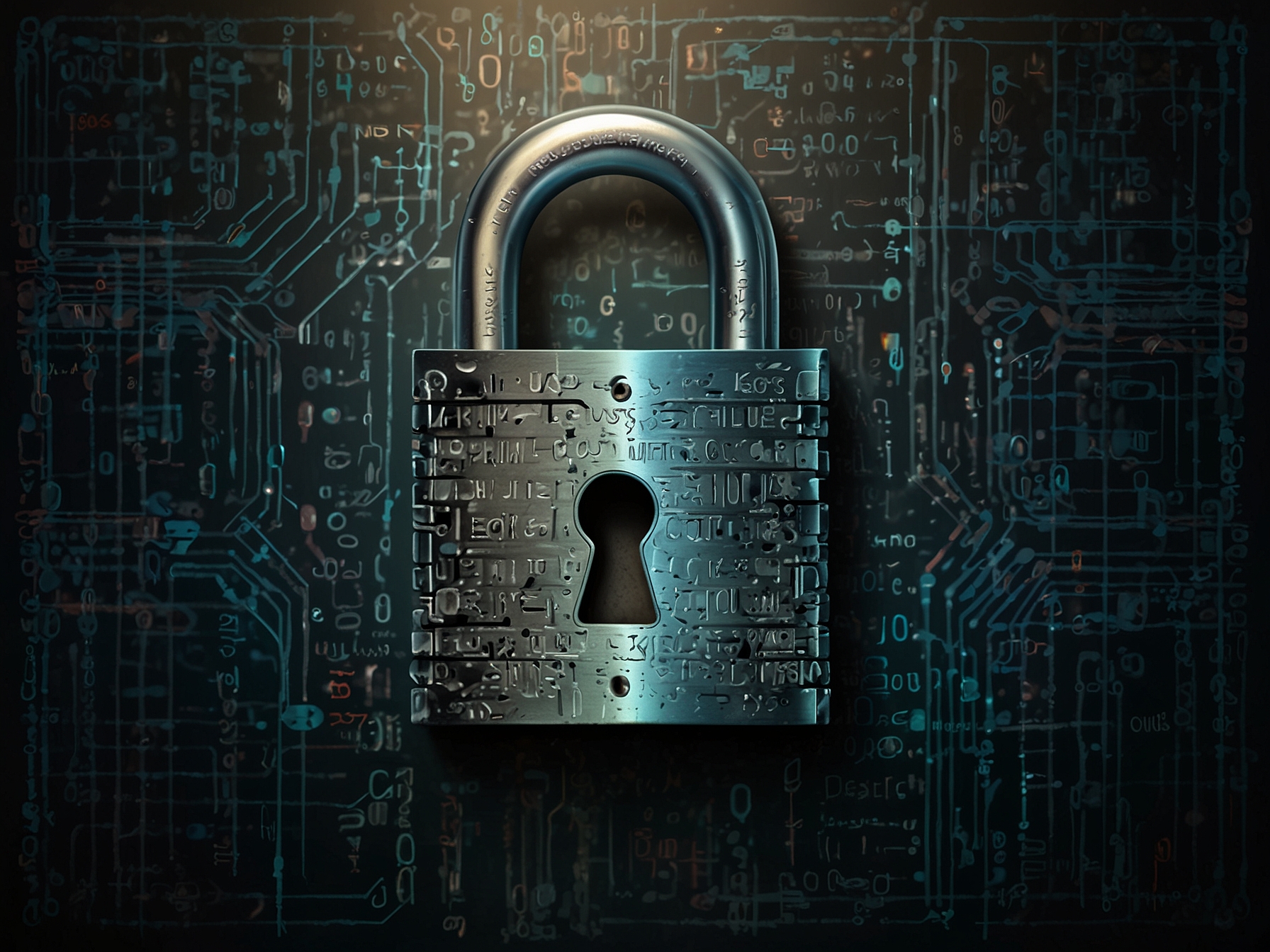The United States has taken a significant step in its effort to secure national cybersecurity by banning Kaspersky’s antivirus and online security solutions. The decision comes amid rising concerns regarding the potential risks posed by the use of software developed by firms with Russian connections. The move aims to protect American consumers and businesses from potential cyber threats and intelligence-related vulnerabilities.

© FNEWS.AI – Images created and owned by Fnews.AI, any use beyond the permitted scope requires written consent from Fnews.AI
The U.S. Department of Commerce has added three Kaspersky-affiliated entities to its sanctions list. These entities are AO Kaspersky Lab, OOO Kaspersky Group, and Kaspersky Labs Limited. By placing these companies on the sanctions list, the U.S. government is restricting the sale and distribution of their products within the country. This action reflects a broader strategy to mitigate risks associated with foreign software utilized on American soil.
Kaspersky has long been a contentious topic in the cybersecurity community. With its origins rooted in Russia, the company’s potential ties to the Russian government have raised alarms over the years. Despite Kaspersky’s numerous assurances of its operational independence and transparency, critics argue that the software poses a security threat due to the possibilities of state influence and data exfiltration.

© FNEWS.AI – Images created and owned by Fnews.AI, any use beyond the permitted scope requires written consent from Fnews.AI
The backdrop to this ban involves a complex mix of geopolitical tensions and cybersecurity concerns. The U.S. government has been on guard against foreign interference and cyber espionage, especially from nations like Russia and China. In recent years, several high-profile cyberattacks have been attributed to state-sponsored actors, amplifying the urgency to secure digital infrastructures and networks from foreign exploitation.
By banning Kaspersky’s software, the U.S. aims to thwart any potential backdoor access or manipulation that could arise from the use of foreign-developed security solutions. The concern extends to the possibility of Kaspersky’s tools being employed to infiltrate governmental, corporate, or personal networks, possibly leading to data breaches, espionage, or even critical infrastructure sabotage.
Moreover, this decision is not an isolated one but a part of a broader, global trend. Several other countries have previously expressed their apprehensions regarding Kaspersky’s tools. In 2017, the U.S. Department of Homeland Security issued a directive to remove Kaspersky software from federal systems. Similarly, the European Parliament voted in favor of a resolution describing Kaspersky Lab’s software as malicious in 2018, advising member states to discard use of its products.
The recent action by the Commerce Department heightens these efforts by addressing not just the public sector but the commercial space and private users as well. By including Kaspersky-affiliated entities on the sanctions list, the U.S. enforces stricter controls over the commercial availability of Kaspersky’s products, compelling businesses to reconsider their cybersecurity solutions.
This measure also sends a strong signal to the global community about the risks of utilizing foreign-developed software for sensitive operations. The message underscores the importance of validating the security credentials and geopolitical associations of cybersecurity providers. Given the growing number of digital threats and the sophistication of cyberattacks, ensuring the integrity of cybersecurity infrastructure has never been more critical.
In response to the ban, Kaspersky has attempted to reassure its users and stakeholders. The company has maintained its stance of being an independent, privately-owned global firm with no ties to any government. However, the reassurances have done little to dispel the growing wave of skepticism and stringent measures being adopted against its products.
Users and businesses relying on Kaspersky’s solutions are now faced with the task of seeking alternative security measures to protect their digital assets. The onus falls on IT managers and cybersecurity professionals to evaluate and transition to other reliable and trusted antivirus and online security tools. This move could potentially benefit other cybersecurity firms that are bolstered by heightened diligence in vetting software origins and affiliations.
As cyber warfare and digital espionage continue to evolve, the reliance on robust, transparent, and geostrategically safe cybersecurity measures cannot be overstated. The U.S.’s proactive stance with the Kaspersky ban exemplifies a clear commitment to safeguarding its national cyber ecosystem. As the digital landscape continues to expand, such policy decisions will play a crucial role in shaping global cybersecurity standards.
Was this content helpful to you?





